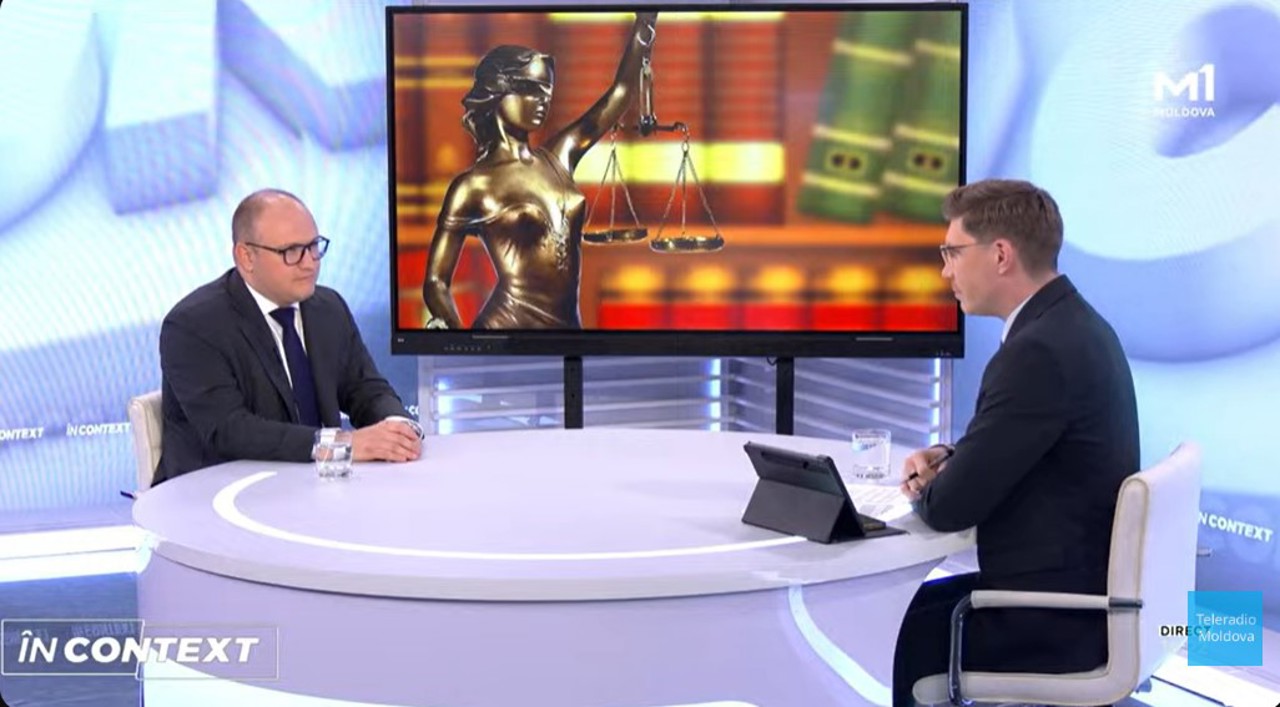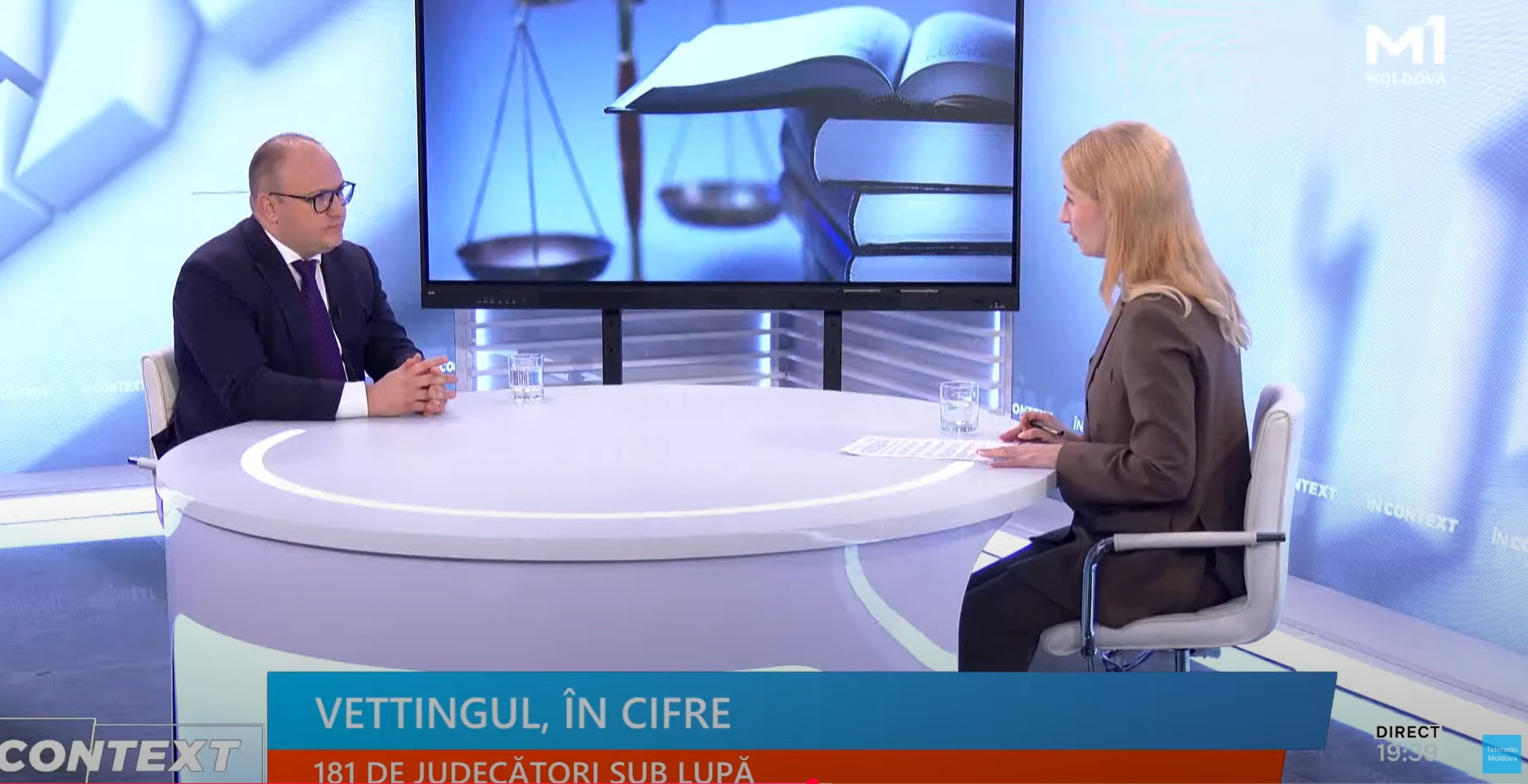One year since the establishment of the Vetting Commission // An interview about the evaluation process and allegations regarding the Commission's lack of impartiality

The Vetting Commission, established by Parliament a year ago but commencing its activities in July 2023, granted an interview to Ziarul de Gardă, detailing its role in assessing the integrity of actors within the judicial system. The questions from ZDG's editorial team included concerns regarding political influence on the Commission, why millions in undeclared assets were not detected among those evaluated, and whether the integrity assessment is adequate to ascertain the absolute integrity of those working in the judiciary.
Below, discover how the five members of the Commission responded to the journalists' inquiries regarding politics, integrity, and the transparency of the process.
𝗦𝗰𝗼𝘁𝘁 𝗕𝗮𝗹𝗲𝘀, 𝗰𝗵𝗮𝗶𝗿𝗽𝗲𝗿𝘀𝗼𝗻
The primary objective of vetting is to ensure the integrity of those holding judicial positions, thereby contributing to rebuilding public trust in the judicial system. This does not entail investigating every judge retrospectively, as many have chosen to resign instead of undergoing evaluation.
𝗔𝗻𝗱𝗿𝗲𝗶 𝗕𝗶𝘃𝗼𝗹, 𝘃𝗶𝗰𝗲 𝗰𝗵𝗮𝗶𝗿𝗽𝗲𝗿𝘀𝗼𝗻
The Commission's reports have brought to light new information that was previously unknown, including regarding individuals recently appointed or promoted to various positions.
𝗜𝘂𝗿𝗶𝗲 𝗚𝗮𝘁̦𝗰𝗮𝗻, 𝗻𝗮𝘁𝗶𝗼𝗻𝗮𝗹 𝗺𝗲𝗺𝗯𝗲𝗿
The only political influence on the Commission's activities comes from political actors who criticize the evaluation process within judicial reform. We observe that these accusations and attacks on the Commission's activities are often launched by specific interest groups.
𝗟𝗶𝗹𝗶𝗮𝗻 𝗘𝗻𝗰𝗶𝘂, 𝗻𝗮𝘁𝗶𝗼𝗻𝗮𝗹 𝗺𝗲𝗺𝗯𝗲𝗿
Traditionally, society views the judicial environment through biases, having natural expectations from the Commission; however, undergoing the verification procedure has been and remains at the candidate's discretion. Judges, under the law, have two options: to undergo the evaluation or to resign from their position.
𝗟𝗮𝘃𝗹𝘆 𝗣𝗲𝗿𝗹𝗶𝗻𝗴, 𝗶𝗻𝘁𝗲𝗿𝗻𝗮𝘁𝗶𝗼𝗻𝗮𝗹 𝗺𝗲𝗺𝗯𝗲𝗿
The presence of international experts within the Commission ensures independence. The Commission analyzes and relies solely on the information it collects, and no one outside ourselves decides on our actions. Additionally, we strive for transparency and clarity in the process for society to understand, because we care about Moldova's future.
The full interview is available HERE.

.svg)






.webp)




